NATO commander: ‘Our weakness is Russia’s strength. Our readiness prevents war’
Alliance general argues that NATO is on its way to establishing a credible wall of deterrence.
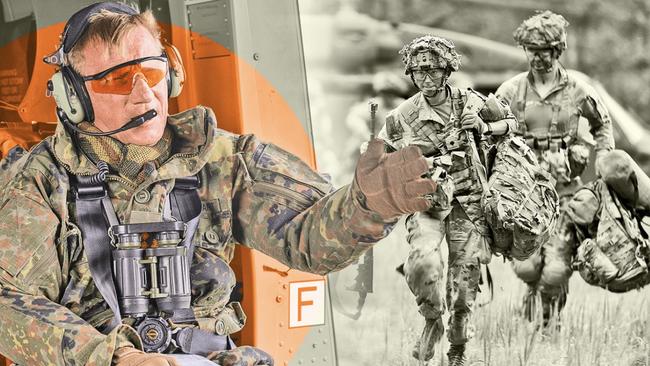
A few years after a break in the fighting for Ukraine, the Kremlin seizes its moment and strikes at the Baltic.
While NATO forces clog up roads and railways across Germany and Poland in a race to reinforce the front line, the Russians capture more than half of the three countries’ territory and most of their sizeable cities. The Suwalki Gap, the land bridge connecting the Baltic states to the rest of NATO, is severed.
Before NATO can begin trying in earnest to win back the lost ground, President Vladimir Putin takes advantage of the Russian-speaking minorities in his new Baltic dominions, holding rigged referendums in which they are summarily annexed to Moscow and placed under its nuclear umbrella.
This is the nightmare scenario sketched out by the German NATO commander charged with preparing the defence of northeast Europe, Lieutenant-General Jurgen-Joachim von Sandrart.
It is not a prediction but a warning, based on what has already taken place in Ukraine, and a token of the increasing sense of urgency among the alliance’s leaders.
“Even though I’m convinced NATO has different capabilities to Ukraine’s, the price the states under attack would have to pay if they had to win back their territorial integrity in a ‘restore’ operation – that is the basis for the sense of threat in Poland and the three Baltic states,” Von Sandrart told The Times in an interview at his base in the city of Szczecin, northwest Poland.
“And that is the basis for what I think is a well-reasoned appeal from those states to the alliance: our defences can’t be set up in such a way that we trade space for time, according to the motto ‘Draw the enemy deep into your territory, win time and then launch a counter-attack’. We can see in Ukraine very clearly what this would mean for the population. So we cannot allow Russia to achieve this fait accompli.”
As the war in Ukraine threatens to become a protracted stalemate, European capitals are contemplating what might come next.
The prevailing mood in some governments is grim, especially those close to Russia’s borders. Their leaders worry that the conflict may be only the beginning of a long Russian campaign against the West that cycles through threats, hybrid attacks and – should the opportunity present itself – conventional warfare based on rapid ground offensives and missile strikes deep behind the front line.
In one example of such anxieties, the German military is reported to have carried out a simulation of a Russian hybrid assault centred on Kaliningrad, its Baltic territory between Poland and Lithuania, as early as after the US presidential election in November.
The German scenario envisaged that the Kremlin would stir up resentment among the Russophone minorities of the Baltic states before staging riots and a border conflict near by, and deploying at least 70,000 troops to NATO’s borders, according to Bild newspaper.
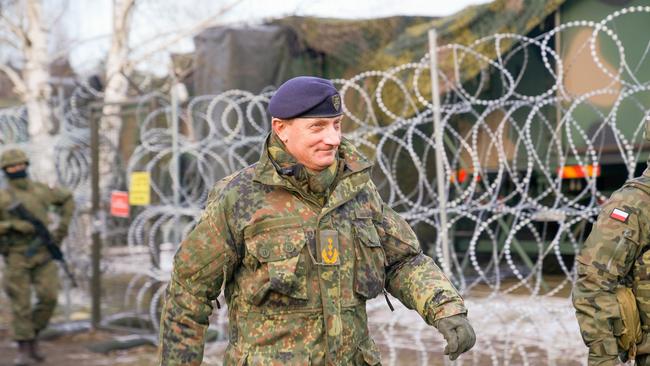
The Putin regime has not only established a formidable mobilisation machine and put its defence industry on a war footing, it has also vowed to create new bases and units in its western military district, next to NATO’s eastern frontiers. Von Sandrart, the commander of the alliance’s Multinational Corps Northeast, its only headquarters to the east of what used to be the Iron Curtain, said there was every sign that Moscow was serious about bolstering these forces. “You can see in all the public media that there are clear statements on this. We are monitoring this closely,” he said. “There’s no doubt that it’s the case.”
NATO, the general argues, faces a dilemma. Its capacities are superior to Russia’s in almost every domain - troop numbers, technology, economic power - and now that Finland has joined the alliance and Sweden is expected to do so in the coming months, it holds the upper hand over the sea, skies and coastlines of the Baltic region.
Yet bringing these factors to bear would take time and money, both of which are in short supply. This means that in a battle for northeastern Europe’s front states, Moscow would hold a number of potentially decisive trump cards.
The first is geography. Von Sandrart said: “We are standing with the Russian border to the east, with a depth between 100km and 350km, and with our backs to the Baltic Sea.
“The axes of movement are in general all advantageous for Russia, from east to west, and our axis of movement for reinforcement and supply is on the land side primarily from south to north through the Suwalki Gap, or through the sea lines of communication.”
Added to this, in Von Sandrart’s view, are another five advantages. Russia would hold the initiative, deciding “when, how, where and why” to pursue a war. It does not clearly distinguish between peace, war and the phases in between.
Unlike NATO, it is indifferent to losses. Russia is a single country with an autocratic chain of command “from the foxholes all the way up to the president”, at least in theory. The final issue is logistics. Von Sandrart said: “Russia’s infrastructure for the rapid deployment of forces over roads, railways and the air from any part of its geography to its borders is ready.
“We’ve seen in Ukraine that the deployment to the border can happen swiftly and without delay. Russia’s dilemma begins when they have to transition into an attack operation without recourse to their own infrastructure and have to win territory. One should always bear this in mind.”
Yet the general is not a pessimist. He argues that NATO is on its way to closing this “opportunity gap” and establishing a credible wall of deterrence. Last year the alliance began implementing new, detailed defence plans, and most of its members are rearming.
“Here I can experience almost every month how NATO keeps intensifying and further optimising these preparations. And I’m sure it will bring them to a successful conclusion.
“But if [deterrence] doesn’t work, then we have to be set up in such a way that we can defend swiftly and victoriously. And this war against Russia cannot lead to a situation like the situation in Ukraine, where Russia succeeds through an initial operation in gaining significant territory that we can then only win back with great effort.
“Our weakness is Russia’s strength. Our readiness prevents war. If we would not be ready, we would increase the risk to get a war imposed against our will.”
“But if [deterrence] doesn’t work, then we have to be set up in such a way that we can defend swiftly and victoriously. And this war against Russia cannot lead to a situation like the situation in Ukraine, where Russia succeeds through an initial operation in gaining significant territory that we can then only win back with great effort.
“Our weakness is Russia’s strength. Our readiness prevents war. If we would not be ready, we would increase the risk to get a war imposed against our will.”
Von Sandrart argues that NATO’s historic difficulties in co-ordinating the armed forces of more than 30 countries, from different languages and mutually incompatible computer systems to non-standardised artillery rounds, are being ironed out through continual exercises and improved planning. “The fact that we are all a bit different should be understood less as a weakness than as a strength,” he said.
There was a growing realisation, he added, that deterring an attack on NATO soil was not just a job for soldiers, but a task for the “whole of society”.
“It’s not a thing we can outsource to the armed forces or the military so that the rest of society can sit back and say ‘they’re already on the case’. Quite the contrary,” he said. “How resilient are our societies? Are we prepared to fight? These questions have gained a completely new momentum and in my view it’s going in the right direction.
“I think we need to accept in our societies that we are fighting for our right to argue with each other. It’s in the nature of the matter that you can’t just flip a switch.
“We have to give ourselves space for the recognition of this necessity to emerge. Of course that means it’s a process. It’s not a target on a shooting range that you can simply knock over in one go.
“But that also means I don’t have endless time for this process. The process has to play out in politics and society in such a way that it matches the timelines we need for readiness.”
The Times


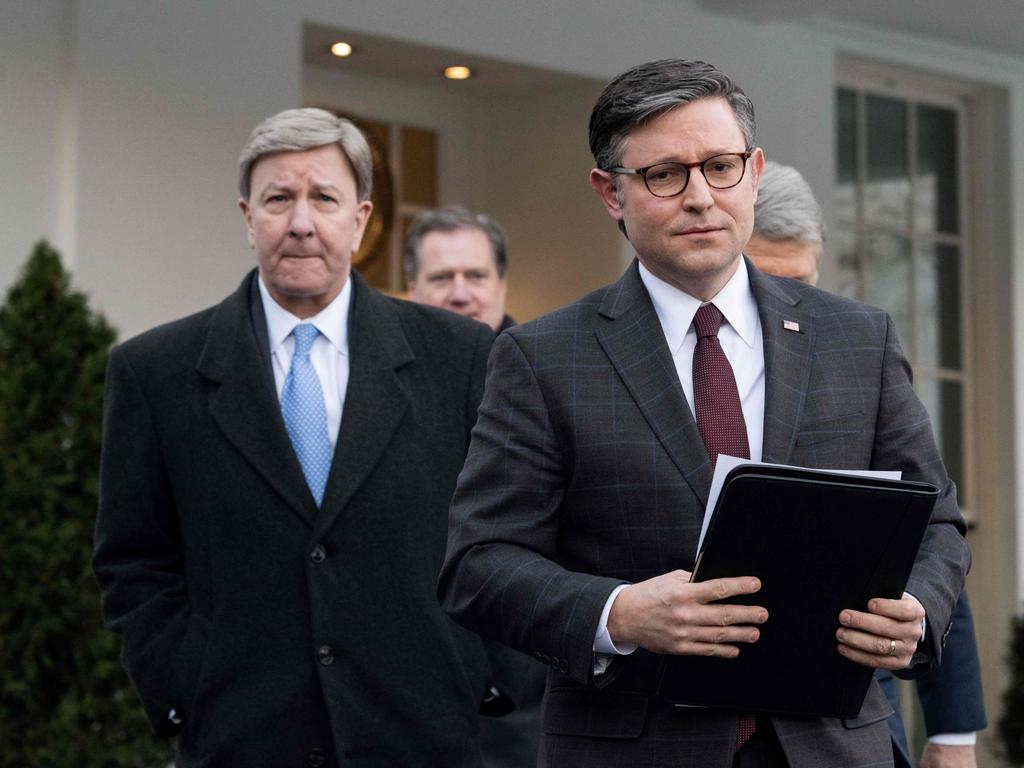
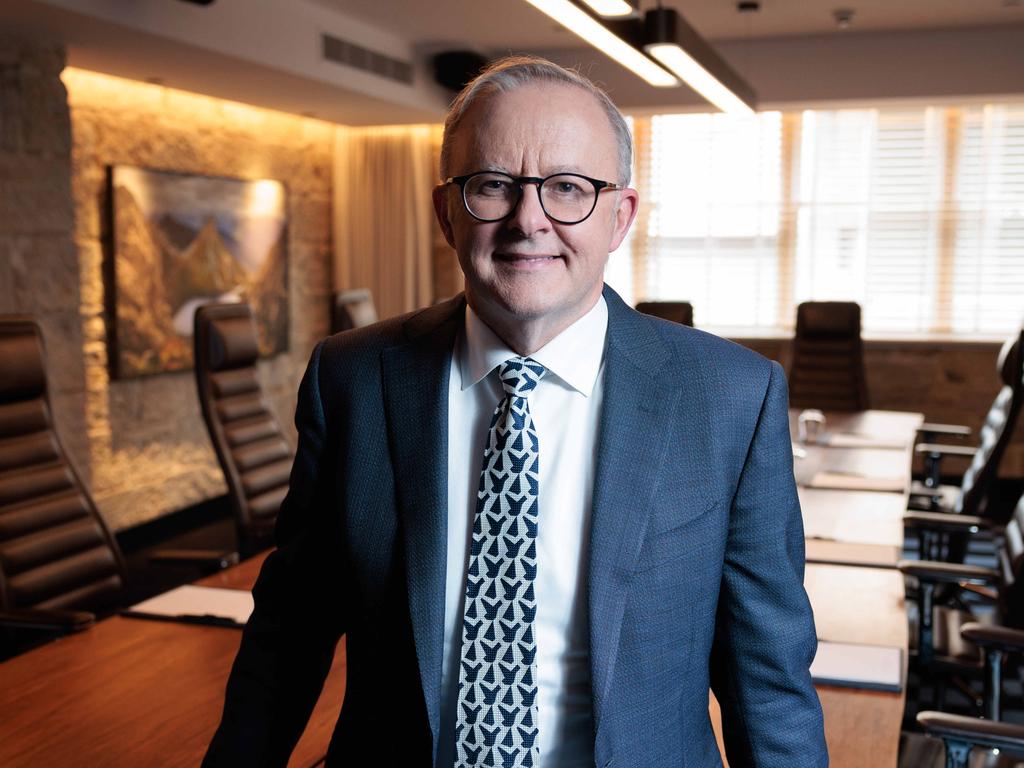


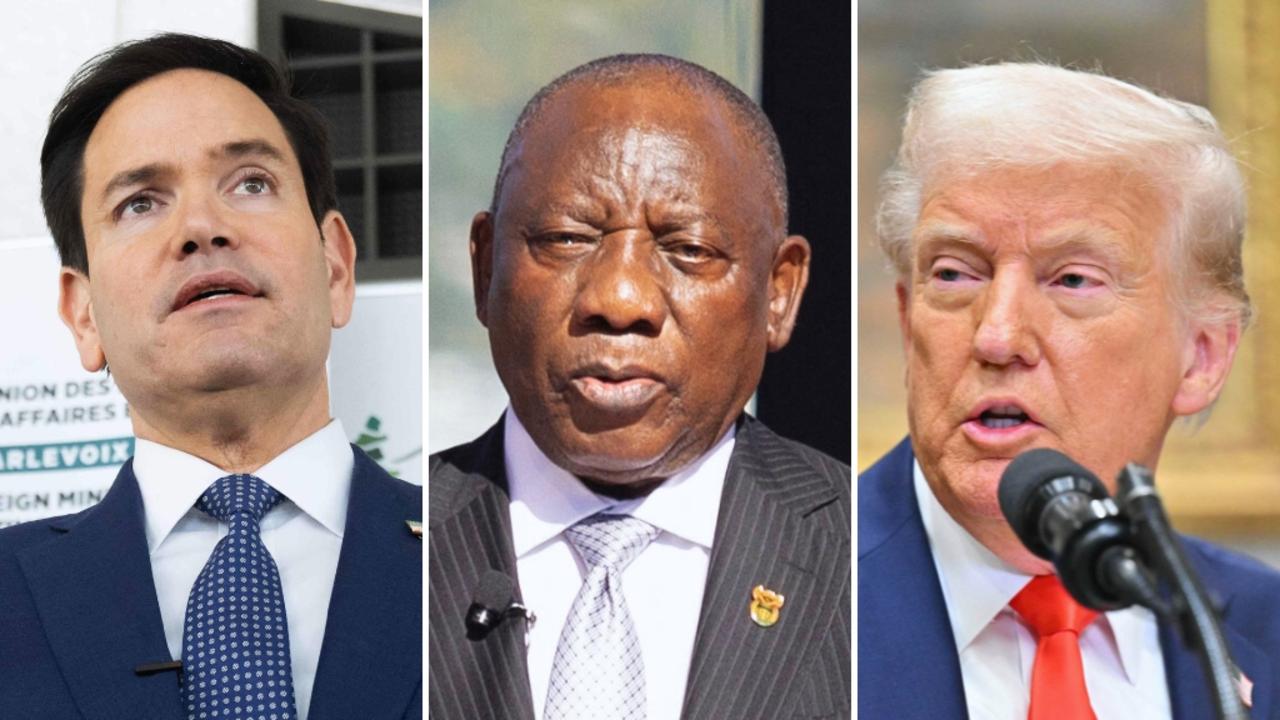
To join the conversation, please log in. Don't have an account? Register
Join the conversation, you are commenting as Logout